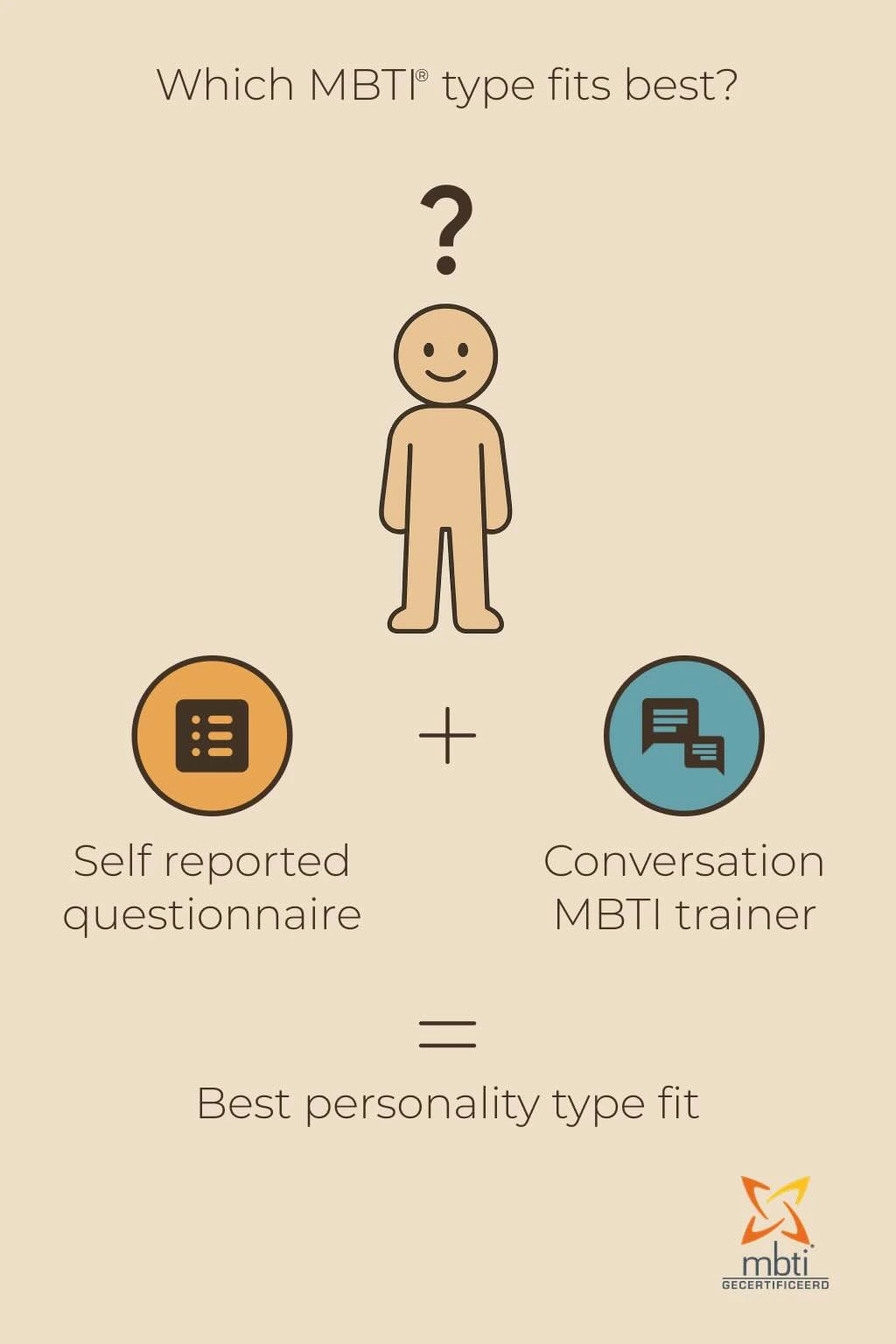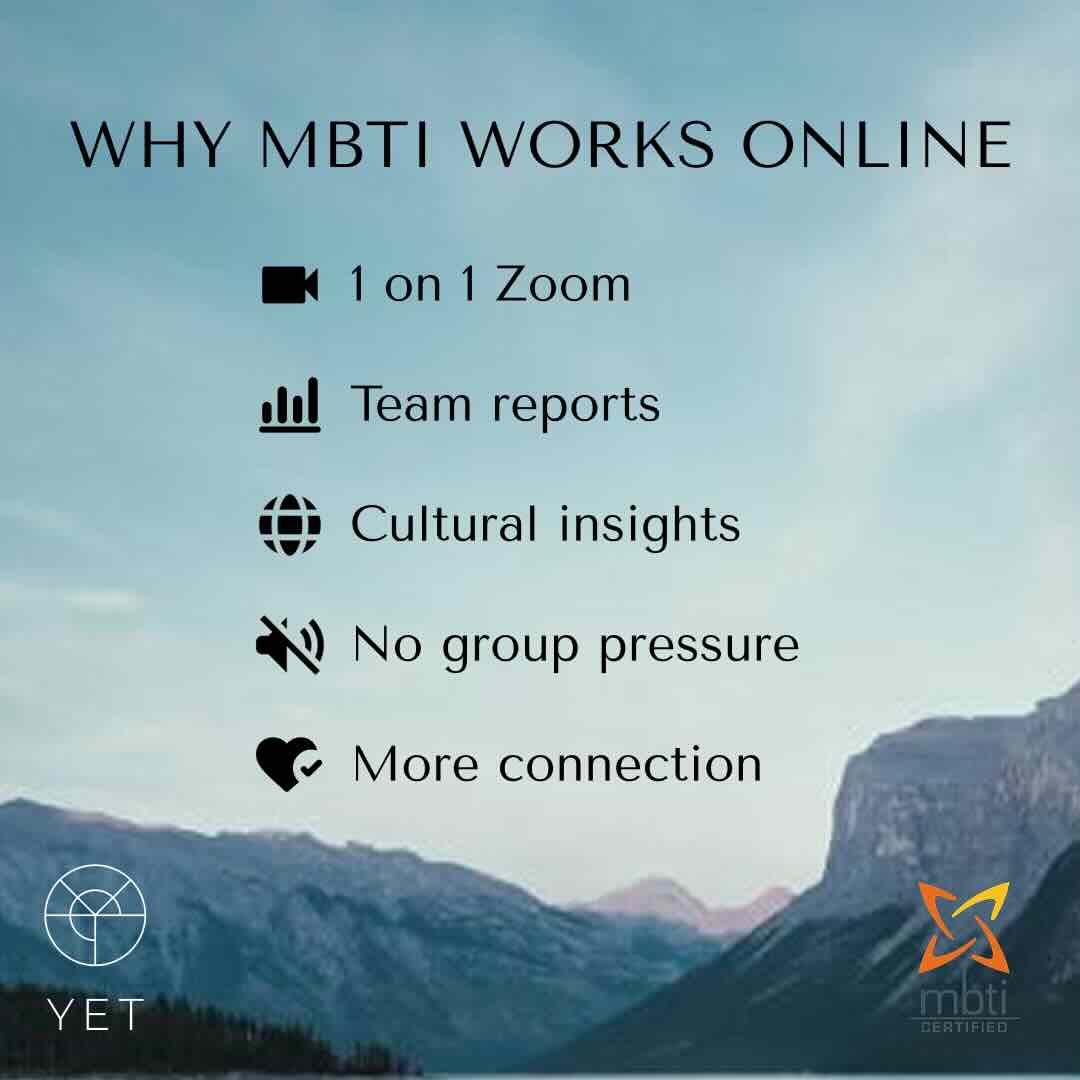The role of an MBTI Trainer:
The role of an MBTI trainer is as dynamic as it is rewarding. By guiding individuals and teams to understand their unique personality types, MBTI trainers provide insights that foster personal growth, improve communication, and enhance collaboration. Whether you’re considering becoming an MBTI trainer or looking to understand the value they bring, this blog will delve into the key aspects of this profession, from training methods to the impact of MBTI on various settings.
What Does an MBTI Trainer Do?
An MBTI trainer specializes in helping individuals and organizations harness the power of the Myers-Briggs Type Indicator (MBTI). Their work often includes:
- Facilitating Workshops: Trainers lead interactive sessions to educate participants on MBTI concepts, helping them discover their personality types and understand how these influence behaviors and decision-making.
- Providing One-on-One Coaching: Tailored guidance allows individuals to delve deeper into their personality profiles, addressing specific challenges or goals.
- Team Building: By applying MBTI insights, trainers help teams recognize their collective strengths, resolve conflicts, and improve communication.
- Cultural Adaptation: Trainers integrate MBTI with frameworks like Hofstede’s cultural dimensions to support cross-cultural understanding and collaboration.
- Personal Development: They empower individuals to make informed career choices, strengthen relationships, and manage stress based on their unique preferences.
How to Become an MBTI Trainer
Becoming a certified MBTI trainer requires a blend of formal training, personal growth, and practical experience. Here’s an overview of the steps:
1. Obtain Certification
To work as an MBTI trainer, you must complete a certification program authorized by The Myers-Briggs Company or an accredited provider. These programs equip you with the knowledge and tools to administer the MBTI assessment and interpret its results.
2. Develop Facilitation Skills
MBTI trainers must be skilled communicators and facilitators. Workshops and coaching sessions require engaging presentation skills and the ability to foster open dialogue.
3. Understand Organizational Dynamics
For corporate training, knowledge of organizational behavior and team dynamics is essential. This expertise helps you apply MBTI insights to enhance workplace collaboration and leadership development.
4. Cultivate Cultural Awareness
In today’s globalized world, MBTI trainers often work with diverse groups. Being sensitive to cultural differences ensures your training resonates with all participants.
5. Gain Practical Experience
Start by applying MBTI insights in your own life or among small groups. Practical experience builds confidence and enriches your ability to connect with clients.
The Benefits of Working with an MBTI Trainer
Whether you’re an individual or part of a team, collaborating with an MBTI trainer offers numerous advantages:
1. Enhanced Self-Awareness
Understanding your personality type is the first step to self-awareness. An MBTI trainer helps you uncover how your preferences influence your behavior, decisions, and interactions.
2. Improved Communication
MBTI trainers teach you how to adapt your communication style to connect effectively with others, particularly those with different personality types.
3. Stronger Team Dynamics
In teams, MBTI insights reveal complementary strengths and potential friction points. Trainers guide teams to leverage their diversity for greater success.
4. Stress Management
By identifying your stress triggers and coping strategies, trainers provide practical tools for managing stress and enhancing resilience.
5. Career and Personal Growth
From choosing a fulfilling career path to building healthier relationships, MBTI trainers empower you to align your life with your natural strengths and values.
Real-World Applications of MBTI Training
MBTI trainers operate in diverse environments, tailoring their expertise to meet specific needs. Some key applications include:
- Corporate Training: Enhancing leadership, teamwork, and employee engagement.
- Education: Helping students and educators understand learning and teaching styles.
- Healthcare: Supporting patients and professionals in managing stress and communication challenges.
- Personal Coaching: Providing tailored guidance for individuals seeking growth and balance.
- Cross-Cultural Teams: Bridging cultural gaps through personality and cultural insights.
Challenges Faced by MBTI Trainers
While the work of an MBTI trainer is fulfilling, it comes with challenges, such as:
- Addressing Skepticism: Not everyone is familiar with or believes in personality typing. Trainers must clearly communicate the benefits and limitations of MBTI.
- Customizing Training: Every individual and group is unique, requiring a flexible approach to meet diverse needs.
- Staying Updated: Continuous learning is essential to integrate new research and best practices into your training.
Conclusion
An MBTI trainer is more than a facilitator—they are a catalyst for growth and connection. By helping individuals and teams understand themselves and each other, trainers unlock potential that leads to meaningful transformation. Whether you’re considering a career as an MBTI trainer or seeking their guidance, the insights they provide can be a game-changer in both personal and professional settings.
If you’re ready to explore the possibilities of MBTI training, reach out to us today to learn more about our services or begin your journey toward becoming a certified MBTI trainer.



